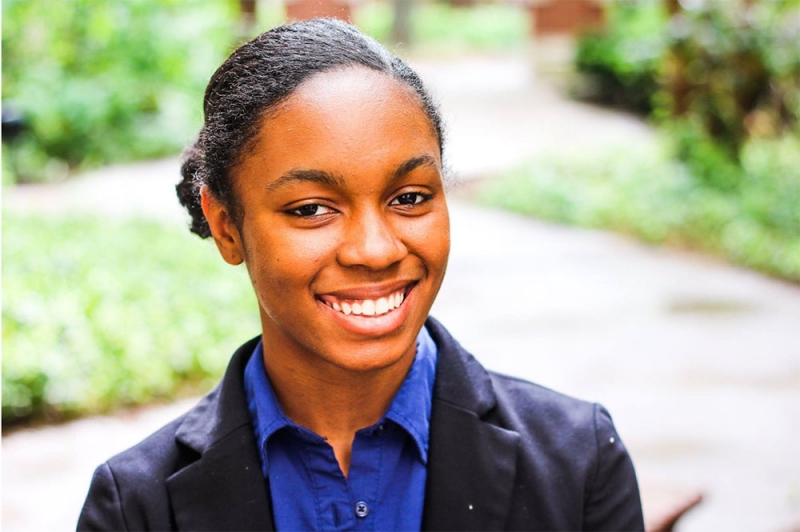PAAH Summer Program Interns: Tiffani Brianna Toombs
My name is Tiffani Brianna Toombs and I am a recent graduate of the University of Tennessee, Knoxville. My degree is in Sociology with a concentration in Race and Ethnic Studies with a minor in Entrepreneurship with Social Enterprise. During the month of June, I had the privilege of being a Mellon Summer Scholar Intern at the Library Company of Philadelphia (LCP). I was drawn to this program because of my love of African American history. I wanted to be a part of a program that would allow me to experience a taste of the rigor of a graduate program. I loved the fact that this program would be able to provide me with more knowledge regarding African American history through the usage of their digital archives. I am so thankful for the opportunity to gain access to America’s oldest library and the mentorship that I have been afforded because of this opportunity.
Throughout my month-long internship, I was able to learn from the best in the academic realm through professional development workshops, seminars, and directors of various graduate school programs. My favorite workshop was centered on learning the different non-traditional tracks that one can take with their degrees in academia. I enjoyed learning more about how a professional degree can be used to create the life that I desire for myself. I am beyond grateful for the exposure that this program has afforded to me. It has helped shaped me as both a professional and scholar.
During my time here at the Library Company of Philadelphia, my research has been focused on the Origins of Racial Difference. I primarily looked at the findings of early historians and physicians regarding racial differences between white and black people. I started my research by examining how Benjamin Rush, “The Father of American Medicine,” proclaimed that black people were immune to the Yellow Fever and how the darkness of their skin was deemed a form of leprosy. The idea of racial differences led to the mistreatment of African Americans as a group, even in today’s time. Further, I am so honored to have worked with such an amazing cohort and staff who helped me think more deeply about my research. I thank them for allowing me the opportunity to help share part of African American’s history.



